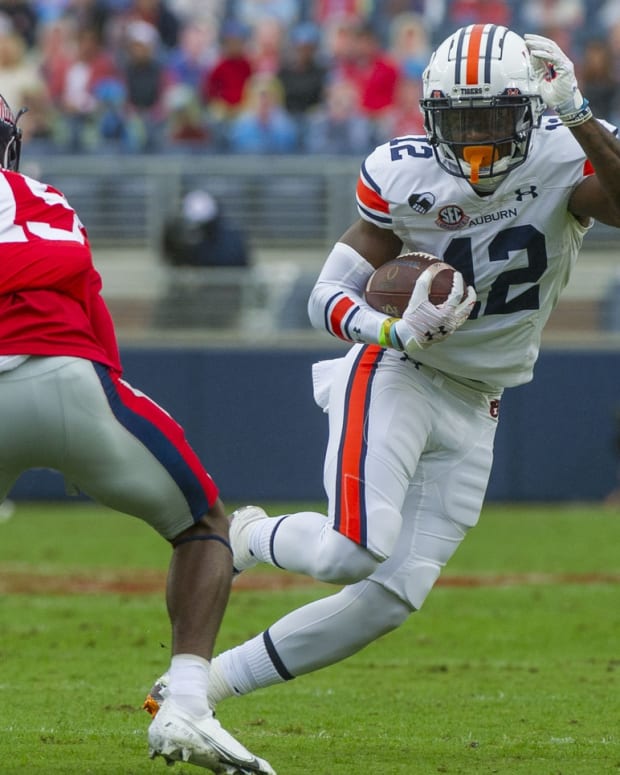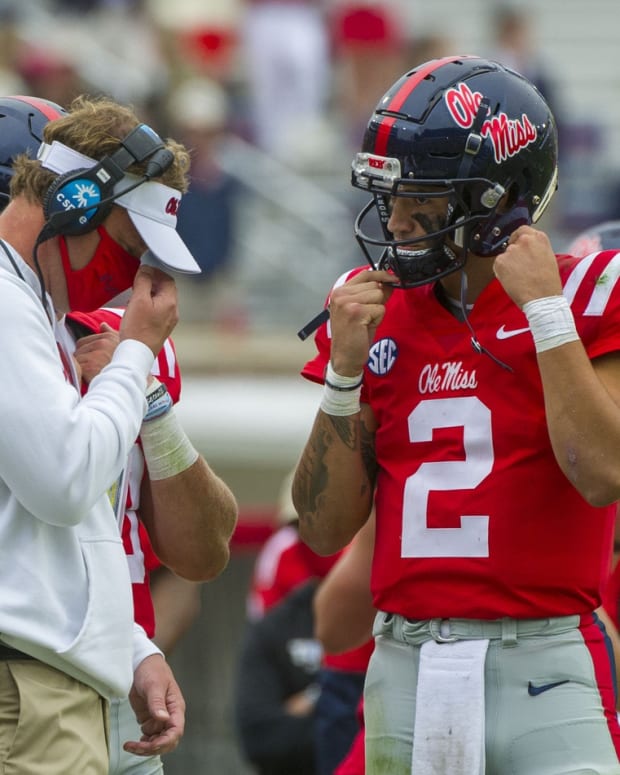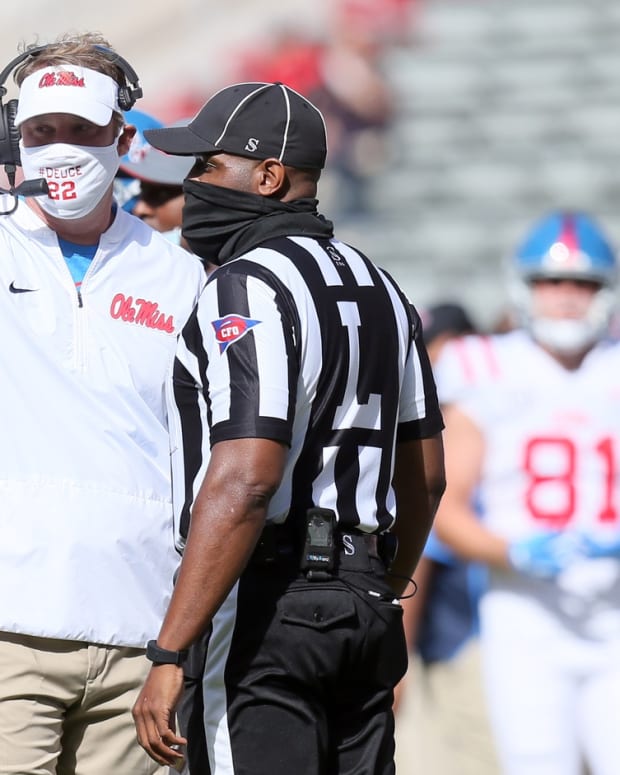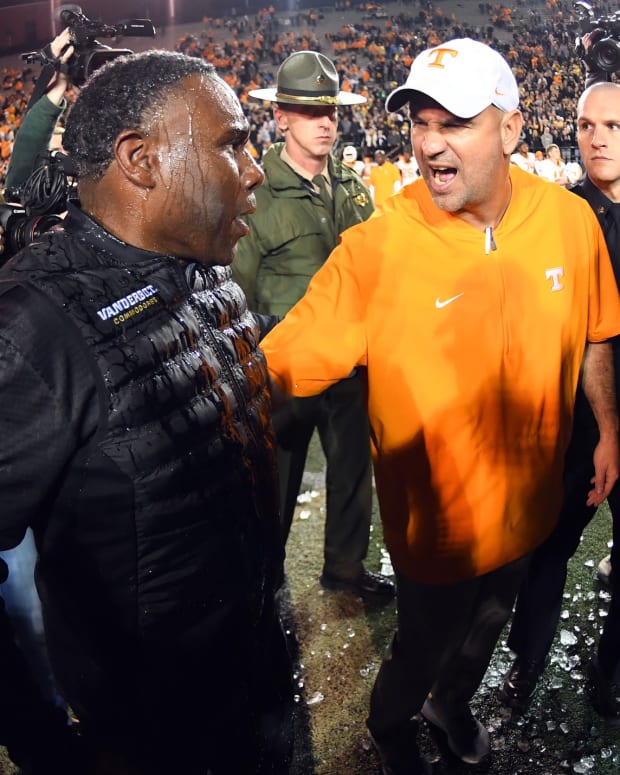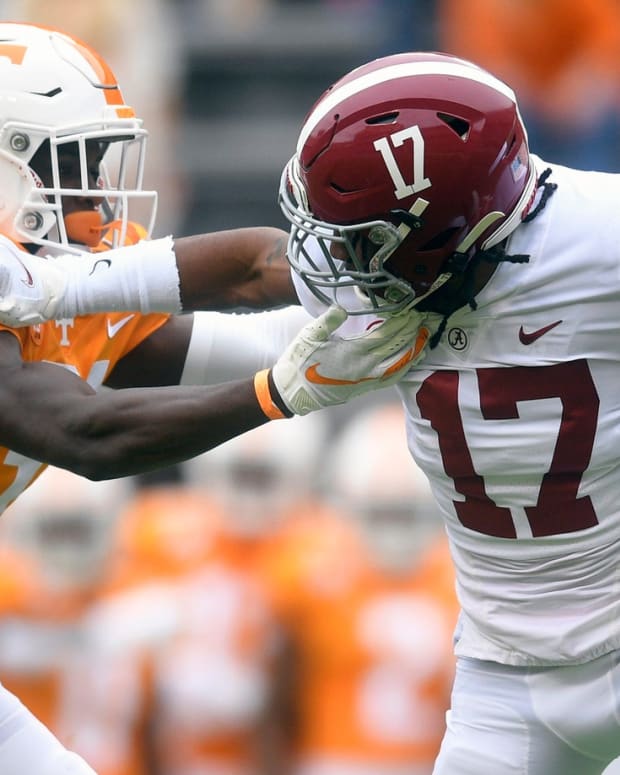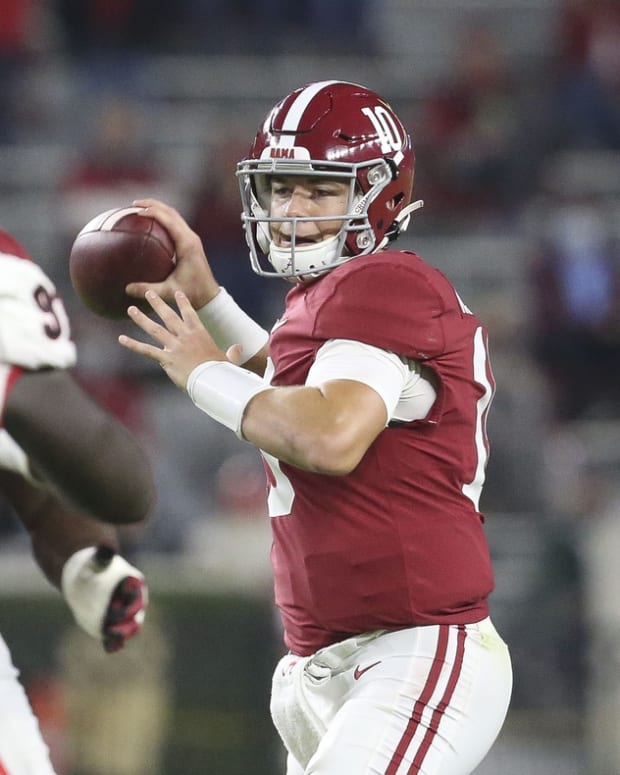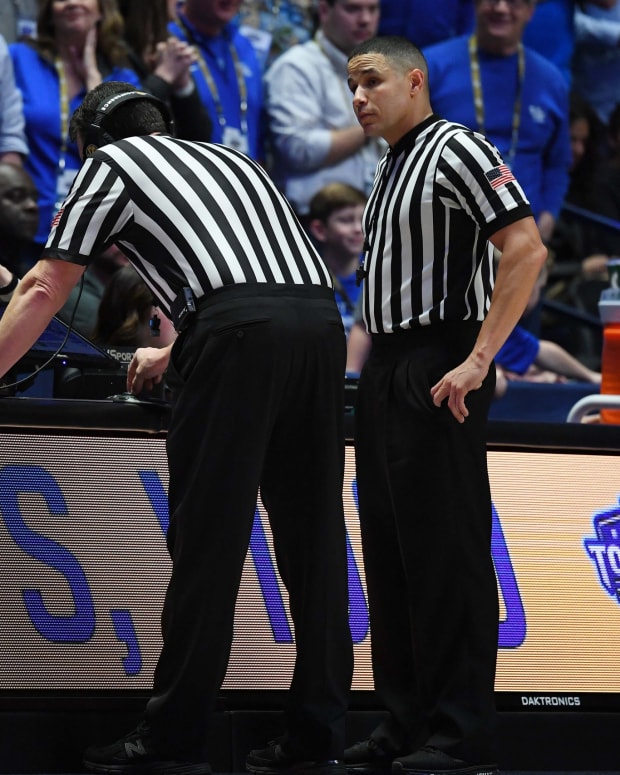The Latest Fear Being Used to Stop College Football
Every day there is something new introduced to place fear into the minds of people as we face this pandemic that shows no signs of letting up in the United States.
The latest issue being talked about is the long-term impact or lasting effects that contracting this virus can have on the body, specifically the heart.
Before we go further, I'm a sportswriter, not a medical professional of any type, so any information I'm about to share comes from people with credentials to back up what they are saying. Feel free to challenge their words with your credentials since everyone with an opinion on social media these days is now a doctor, it seems.
Dr. Matt Rhea is the Director of Sports Science at The University of Alabama. He works with the Crimson Tide football team to help players with training, nutrition, and recovery in a new approach that began there in 2020.
Not new to college football, Rhea has "worked as a football strength and conditioning coach for 13 years, including five years with NFL Combine training, five in high school football, and three at the collegiate level," according to his bio on the university webpage.
Rhea began tweeting information on myocarditis on Sunday in a string of messages on the condition that has now become the latest issue in the fight for the college football season.
"One thing that really irritates me about COVID paranoia is the apparent thought that we know nothing about how the body responds to viruses. We do. And there's a lot of people much smarter than me working in this area," wrote Rhea.
He continued with this.
"Now all of a sudden, myocarditis is an "unknown" possibility? I eluded to it in a paper I published in 2009 about sudden cardiac death among athletes. It happens after most infections. We watch for warning signs all the time. Screening now is very good. Nothing new here."
"Sorry, got a text from a cardiologist friend of mine suggesting a re-word. Myocarditis may be caused by most viral infections but is extremely rare. Thanks, Doug."
Rhea makes an interesting point there, but I'm not sure whether to debate him or take it on faith he knows that of which he speaks.
Ok. just for clarities sake, that last line was a bit of sarcasm on my part. Still again, I'm no doctor, but this seems yet another case of medical professionals disagreeing on the science here. Some are saying myocarditis is a lasting concern, while Rhea appears to downplay it here.
I know that science and medicine are always evolving, growing, and changing as more is learned on particular issues, and this virus is no different. The experts said one thing on masks in the very beginning, then switched to another and could move to something else at some point.
I've read lots of medical information since March when the shutdown of athletics began. While some of what I've learned was Greek to me, much of it was understandable, and still being debated depending on which medical expert's latest study you read.
All this information, while good to have, has lead to an overload and confusion among us laypeople and made it difficult to decipher what to believe and what not to believe.
Throw in the over-politicization of almost every single thing because it is an election year, and most people are left shaking their heads. Then they resume trying to prove their beliefs and feelings are right, and opposing viewpoints are wrong in the ongoing battlefields of social media.
The fighting will continue as people attempt to grasp and decipher the information being presented from differing points of view. In the meantime, we will all continue to suffer as we endure the rest of this pandemic.
Follow Greg on Twitter @GregAriasSports and @SIVanderbilt or Facebook at Vanderbilt Commodores-Maven,
